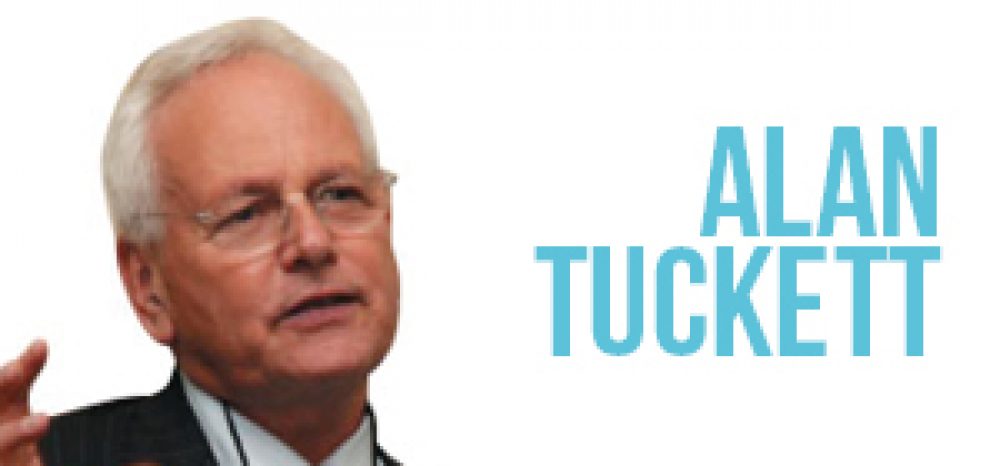Broad-based adult education that stretches minds, stimulates aesthetic delight and gives people the chance to change their lives is increasingly under threat, says Alan Tuckett
Helena Kennedy’s clarion call 15 years ago to widen access in FE had a major impact on colleges, as did John Tomlinson’s 2004 report on inclusive learning and Sir Claus Moser’s 1998 report on adult literacy.
Literacy survives, but where is the energy that shaped provision for adults over 25 in the years after incorporation? In higher education, there is a campaign to protect the study of humanities and social sciences. In schools there has been a healthy reaction to pressures to narrow the curriculum. But where is the same mobilisation in further and adult education?
The rot set in a decade ago when Train to Gain, the first of the almost annual skills strategies, was introduced. Public money began to shift from training that adults chose to take part in, to training that government felt adults ought to take part in.
While provision for 14 to 19 and 19 to 24-year-olds expanded, funding for anyone over 25 flat-lined and then reduced. So did participation. Step by step, funded learning opportunities have shrunk back to apprenticeships (surely too often Train to Gain recycled), basic skills and level two qualifications. Adult loans are only the latest boulder in the way of adults wanting to change their lives through learning.
Don’t get me wrong – I am in favour of good vocational education for adults – but there is more to life and learning than work, important though it is.
Adults also have been marginalised in HE, despite the demographic imperative for an adult workforce to keep up to date. Woe betide you if you change career and study in HE at a level at or below the level of qualification you gained for your first career.
Adult loans are only the latest boulder in the way of adults wanting to change their lives through learning”
And what used to be called liberal studies – the chance to negotiate the curriculum, to explore and make sense of what is happening in the world, and to reflect on how to influence it – has all but disappeared from public service provision for adults.
Confident and experienced learners have, of course, found ways of organising learning for themselves, as the massive take-up of MOOCs or i-Tune U courses illustrates. But the dynamic heart of adult education – combining the pursuit of social justice through second-chance learning in a context where people of different backgrounds and experience can share experience and find mutual understanding – is under threat.
Broad-based critical adult education that stretches the mind, stimulates aesthetic delight and encourages people to make themselves anew is an important facet of a civilised society, as are cinemas, libraries, art galleries and sports stadia.
But adult learning is more than just a good in itself. It is good for mental health, both in preserving good health and offering a safe arena to rebuild relationships after a period of illness. It prolongs an independent active life. Adults who learn have a measurable and positive impact on their children’s educational performance. And the major challenges facing us – climate change, obesity, new and fairer ways of organising our economy, living together in increasingly diverse communities – all involve adults in understanding what is involved, and sharing effective solutions.
You would think that given its powerful catalytic impact, all policymakers would be clamouring for more investment in opportunities for adults to make sense of the world. But they don’t.
We had better make enough noise, so that they will.
Alan Tuckett, president of the International Council for Adult Education, a visiting professor in lifelong learning at Nottingham and Leicester universities, and a governor of Cornwall College









Your thoughts